Primary Curriculum
The Primary School Curriculum follows the National Curriculum for England and offers our students a rich learning environment, challenging our students to set high goals and to strive for academic excellence in a truly international context. Our classes are taught by an international team of qualified, experienced native English teachers, each with a bilingual Romanian teaching assistant present to help ensure that each student is working toward their goals and making good progress.
The curriculum focuses on the key areas of:
■ English ■ Mathematics ■ Computing ■ MFL (Options: French, Spanish, German) ■ Music ■ PSHE ■ PE
Each of these subjects is taught discretely and as such is allotted specific time each week on the Primary Timetable. All children are expected to learn Romanian either as a native (following an adapted Romanian curriculum) or as a non-native, following the MFL (Modern Foreign Language) curriculum. English as an Additional Language (EAL) is provided for those children who join us with limited or no English, until such time as their abilities allow them to access the curriculum along with the rest of their class. To read more about English and Mathematics Key Skills for each year group please visit the IBSB Parent Sign-in area.
Cross Curricular
In addition to the subjects taught discretely, there are also cross curricular lessons offered in which Science, History, Geography, Drama and Art & Design are taught. They are linked/cross referenced with the curricula for English and Mathematics and adapted for the international nature of our school. Terms are themed so that we can teach in a cross curricular manner to better engage our students in the learning process by giving the learning environment more relevance.
In Key Stage 1 (Years 1 & 2) the emphasis is on developing good literacy and numeracy skills whilst learning about phenomena, countries, and different periods of the world. Regular Formative Assessment is carried out by class teachers with objectives and key skills tracked in reading, writing, and mathematics. We complete phonics screening so we can identify gaps in the children’s phonics knowledge early as these are the building blocks to reading. At the end of Year 2 we have progression tests in English and Maths from GL Assessment. In addition, all children are expected to learn Romanian either as a native (following an adapted Romanian curriculum) or as a non-native (following the MFL curriculum) and we introduce a Modern Foreign Language starting in Year 1.
In Key Stage 2 (Years 3-6) children develop their skills further, refining their use of research and independent enquiry, and applying what they know into less familiar contexts. Summative assessment is carried out each year during September using GL CAT4 Baseline testing in Years 4 to 6 and in May using the GL Primary Progression tests in English, Maths and Science for Years 3 to 6. In addition, all children are expected to learn Romanian either as a native (following an adapted Romanian curriculum) or as a non-native (following the MFL curriculum).
As a key component of the Primary School Curriculum, students are offered regular opportunities to connect what happens in the classroom to the real world through Educational Visits to local parks, botanical gardens, museums, galleries, the zoo, charity organisations, and a variety of work places, such as hospitals, fire stations, police stations, and embassies, etc. Linking what students learn in the classroom to what happens in the community is a key aspect of the IBSB programme, increasing the learning value and motivating students to learn with more enthusiasm and excitement. We also encourage our children to attend residential visits in Key Stage 2 with ski trips and mountain retreats planned and enjoyed each year. This builds their independence and confidence as we lead up to the Year 6 residential trip at Kingswood Activity Centre in the UK for a week in June.
Although the main focus of the Primary School Curriculum is on developing the key skills in regard to literacy and numeracy, there is also an opportunity for students to experience a rich variety of extracurricular interests. Here they may discover a potential subject, a language, a hobby, or interest which may become a future passion. To this effect, students will have the opportunity to join one of the many afterschool clubs running from 3.00-4.00pm Monday-Thursday. Do they join a school sports team, try to learn a new instrument or language, play chess, improve their art skills or participate in one of the many activities and events included in the school calendar throughout the year? The choice is theirs.
Parents receive weekly emails from the class teacher detailing what their children will be learning that week, what their homework projects might be and reminders about the busy week ahead.
At morning drop off and afternoon pick up our teachers are available to speak directly with parents in order to answer any questions you might have.
At the start of the year there are Parent-Teacher Coffee Mornings when parents are invited to have a coffee with the class teacher to ask questions and to talk about the programme and the events planned in the year ahead.
There are formal parent-teacher events and meetings planned at regular intervals throughout the year with three formal reports sent home and available to parents online through the Schoolbase system.
At all points in time students and parents should be aware of the current level of their child across their subjects, the progress they have made, and the targets that have been set for their children to work toward in the term ahead. Students’ work is marked regularly with assessment and feedback given to students to help support them in working towards getting better.

